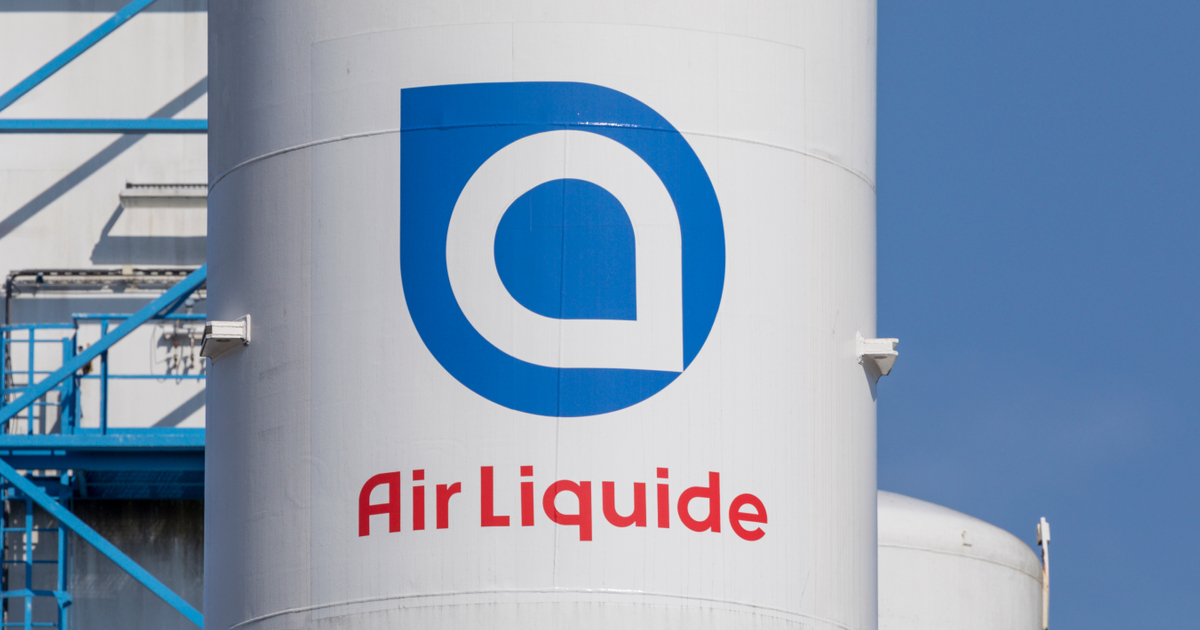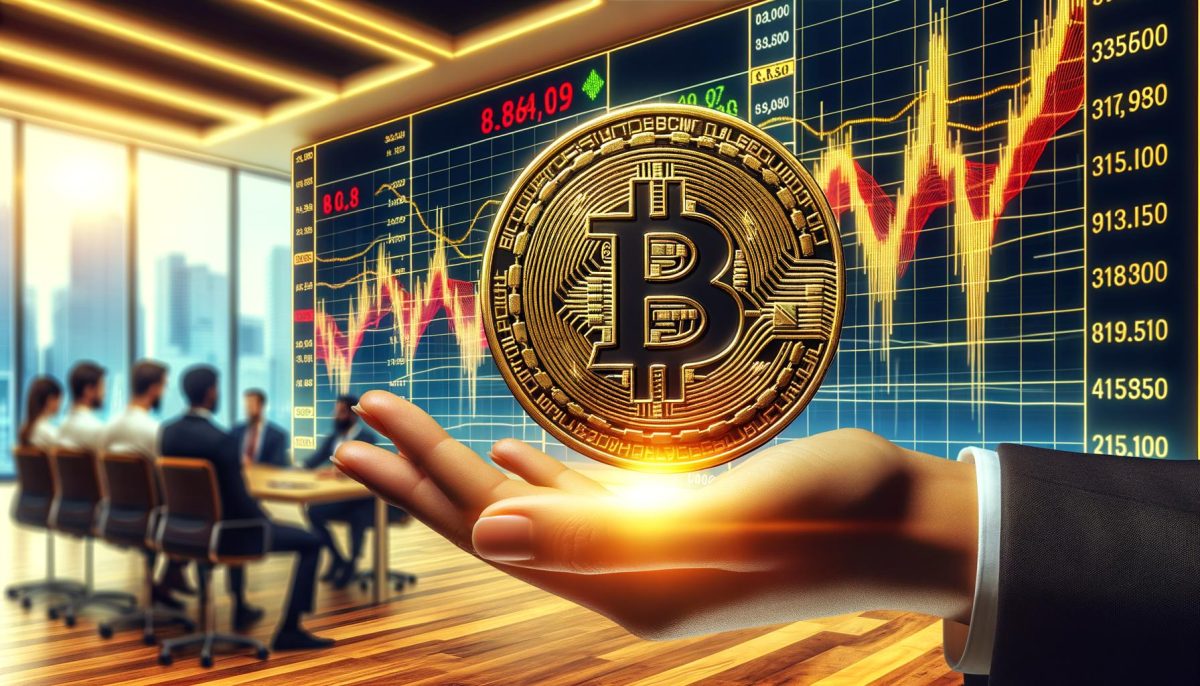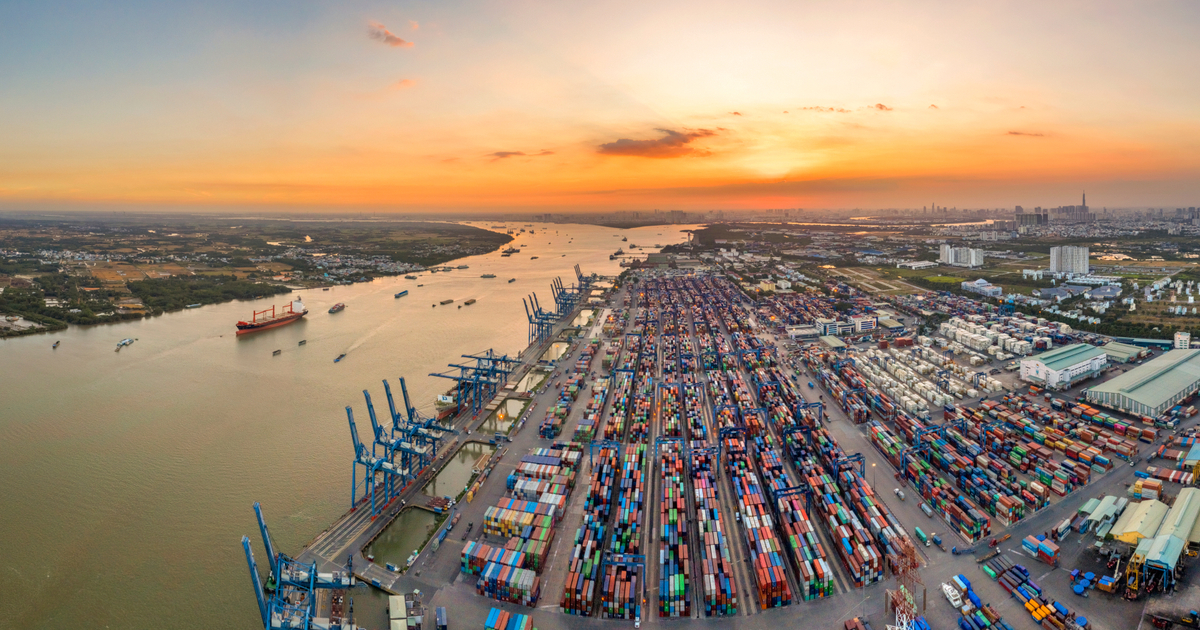Unilever increases brand marketing spend, raises prices to combat inflation
Unilever Plc said it’s still pushing up prices as it faces the biggest cost surge in decades with “truly unprecedented” inflation hitting many of its key markets.

Unilever is among consumer-goods makers performing a careful balancing act as they seek to pass on some price increases to customers without deterring shoppers too much. The company warned earlier this year that it’s facing the worst inflation since the financial crisis and that it will take two years to return to 2021’s profitability level.
Inflation will likely peak in the second half, around the end of the third quarter or the start of the fourth quarter, CEO Alan Jope said in a Bloomberg TV interview.
“We’re very conscious that the consumer is feeling the pinch in many parts of the world,” he said.
Despite volume declines forced by price hikes—and keeping first-half profit margin at the high end of its previously stated 16%-17% estimate for the full year—Unilever increased brand marketing spending by nearly 6% to $3.7 billion in the first half, said Chief Financial Officer Graeme Pitkethly on the company’s earnings call. The results indicate Unilever’s margin could fall as low as 15% in the second half of the year, and Jope on the call said the company isn’t giving margin guidance for the second half in part so it can maintain flexibility to spend as needed behind brands.
Costs Rising
When it comes to its own inflation management, Unilever is facing “a truly unprecedented cost landscape,” according to Pitkethly. The company is having to absorb an extra 4.6 billion euros ($4.7 billion) of costs this fiscal year, and it can only offset part of that which is why it’s having to push up prices. Unilever put prices up by 11.2% in the second quarter.
Sales volumes are beginning to fall as some shoppers switch from branded goods to own-label products in a bid to make ends meet, said Pitkethly on a media call. In Europe, private label manufacturers have been gaining market share in food, ice-cream and household cleaning products as people economize, he said. In the US, Unilever’s ice cream division, which owns Ben & Jerry’s and Magnum, is facing significant pressure as people switch to cheaper brands.
Britain’s biggest grocer Tesco Plc also recently said it was starting to see some early evidence of shoppers swapping some branded staples, such as pasta, for own-label products.
While sales are holding up at Unilever, elsewhere consumers are reining in big-ticket spending. Walmart Inc. issued a surprise profit warning Monday saying US shoppers are spurning larger purchases and buying less profitable groceries. British home-improvement chain Wickes Group Plc slumped as much as 24% on Tuesday after indicating that it too was finding that customers are taking longer to commit to big projects.
Pitkethly said Walmart's announcement yesterday that it would take price decreases to clear excess inventory applied mainly to merchandise and apparel, not consumables sold by Unilever. Jope said retailers in developing markets, particularly Latin America, have been focused on top-line growth rather than pushing back on price hikes.
"Our U.S. retail partners similarly have a strong growth mindset despite pushing back on price increases," Jope said. "But there's a rationality in the discussions at the moment where everyone recognizes the external environment."

 Troov
Troov 
































